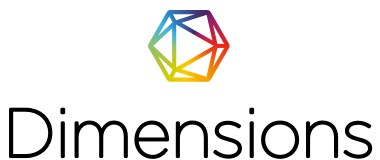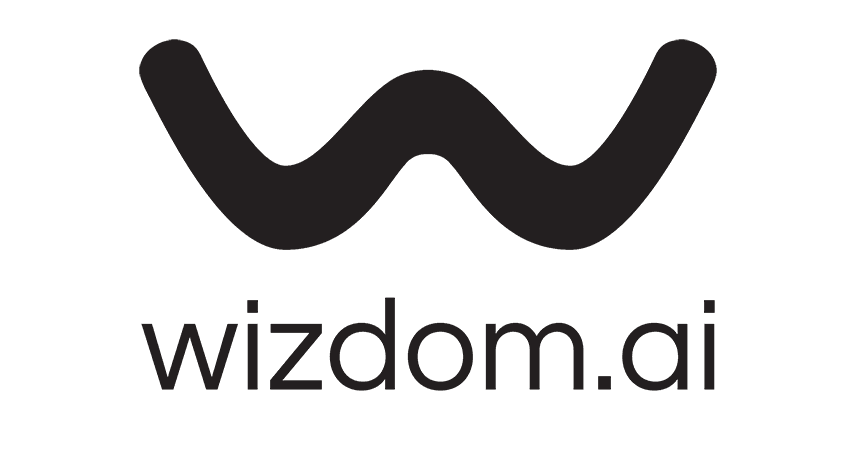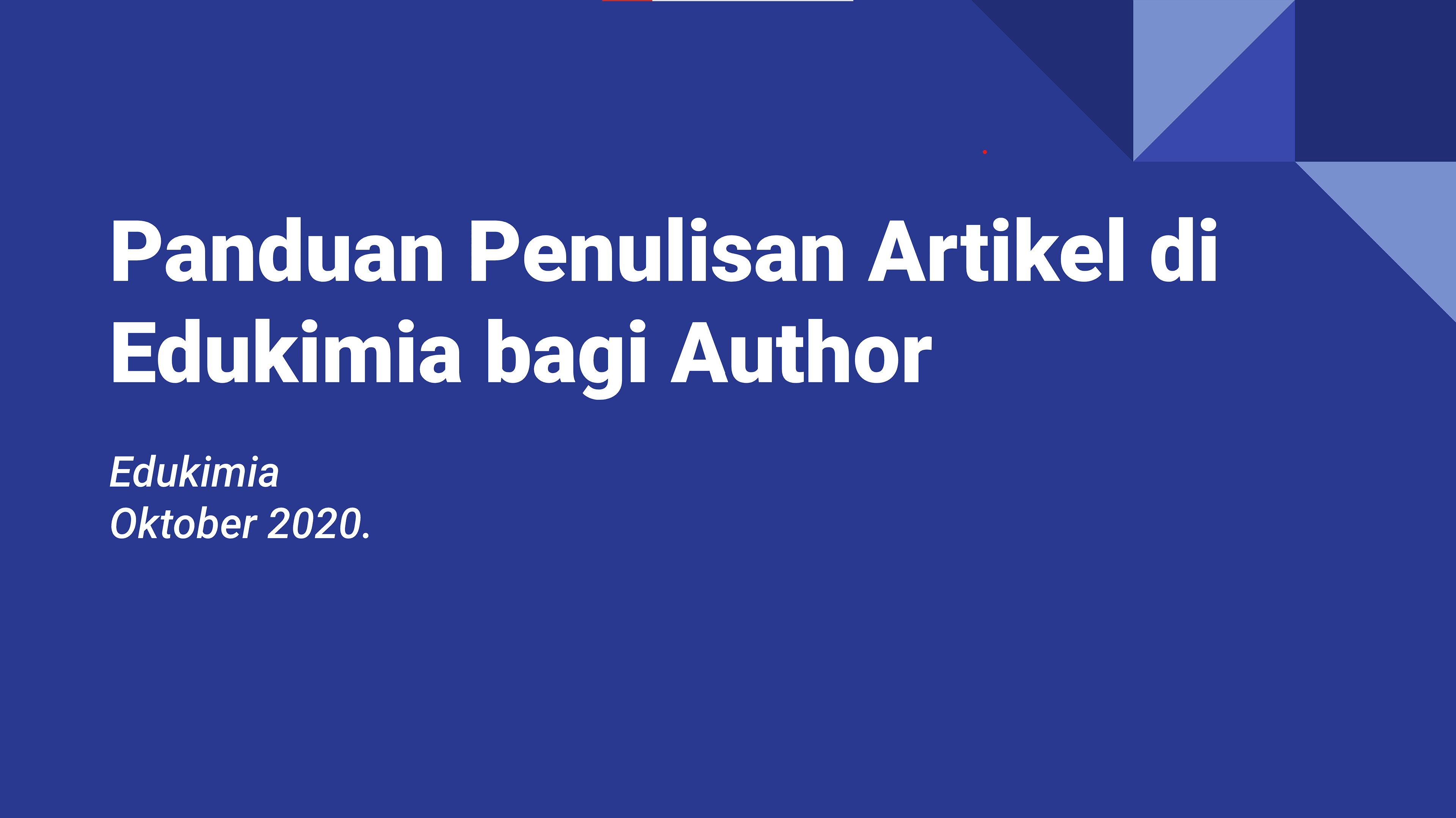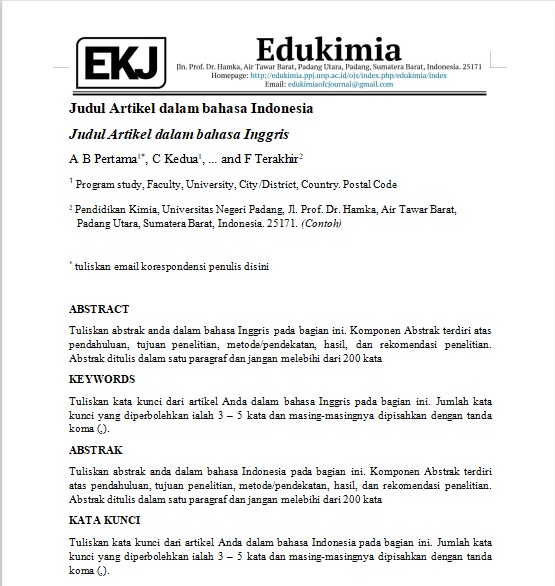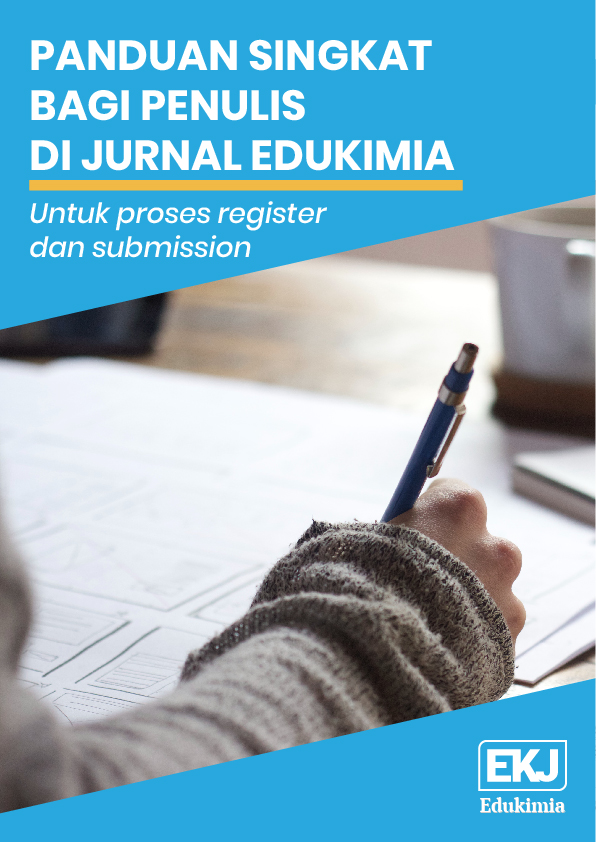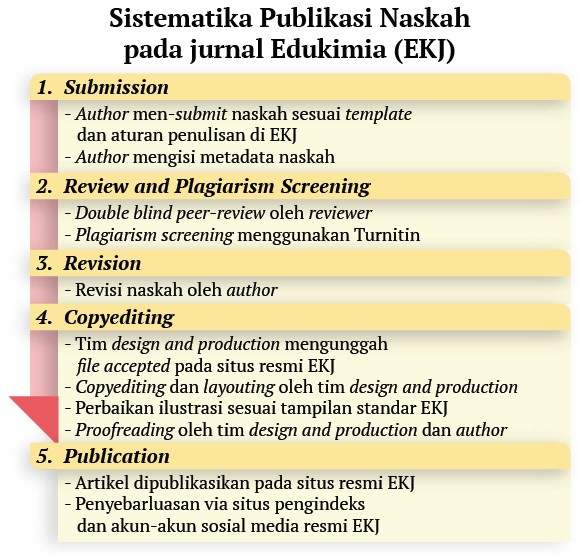The Influences of the CLIS Model Used in Students Learning Outcomes on Electrolyte and Nonelectrolyte Solutions
Article Metrics
The abstract has been viewed for 364 times.The full pdf article has been downloaded for 257 times.
Abstract
Keywords
Full Text:
EKJ 2 (3) - 2020 - Aulia (Bahasa Indonesia)References
Fatmawati E. Pengembangan LKS Berbasis Children Learning In Science ( CLIS ) Untuk Meningkatkan Pemahaman Konsep dan Keterampilan Berfikir Kritis Siswa SMA. Yogyakarta: Universitas Negeri Yogyakarta; 2017.
Iriyanti NP, Mulyani S. Identifikasi Miskonsepsi Pada Materi Pokok Wujud Zat Siswa Kelas VII SMP Negeri 1 Bawang Tahun Ajaran 2009/2010. 2012;1(1):8–13.
Laili Yanuari N. Pengaruh Model Children Learning In Science(Clis) Disertai LKS Berbasis Multirepresentasi Terhadap Aktivitas Belajar Siswa dan Hasil Belajar Siswa Dalam Pembelajaran Fisika di SMA Kabupaten Jember. J Pembelajaran Fis. 2015;4(2):171–5.
Nurseha. Pengaruh Model Pembelajaran Children Learning In Science Terhadap Keterampilan Proses Sains Dan Pemahaman Konsep Tentang Getaran dan Gelombang Pada Kelas VII SMP Negeri 5 Marawola. e-jurnal mitra sains. 2015;3(1):9–19.
Fatmawati E. Pengembangan LKS Berbasis Children Learning In Science ( CLIS ) Untuk Meningkatkan Pemahaman Konsep dan Keterampilan Berfikir Kritis Siswa SMA. J Pendidik Fis. 2017;6(1):41–9.
Sugiyono. Metode Penelitian Kuantitatif, Kualitatif, dan R&D. Bandung: Alfabeta; 2011.
Sudjana N. Metode Statistika. Bandung: Tarsito; 2005.
Wardani TWW. Keefektifan Model CLIS (Children Learning In Science) Terhadap Aktivitas dan Hasil Belajar Energi Siswa Kelas III SDN 01 Cikawung. Semarang: Universitas Negeri Semarang; 2015.
Rustaman. Materi dan Pembelajaran IPA SD. Jakarta: Universitas Terbuka; 2011.
Hidayati. Peningkatan Hasil Belajar Siswa Melalui Model Children Learning In Science (CLIS) di Kelas XI IPA SMA Negeri 3 Palembang. J Pendidik Kim. 2015;2(2):23–34.
Muchitch S. Pembelajaran Kontekstual. Semarang: Rasail Media Group; 2008.
Nurhasanah S. Minat Belajar Sebagai Determinan Hasil Belajar Siswa. Pendidikan Manajemen Perkantoran. 2016;1(1):128–135
Refbacks
- There are currently no refbacks.

.jpg)




